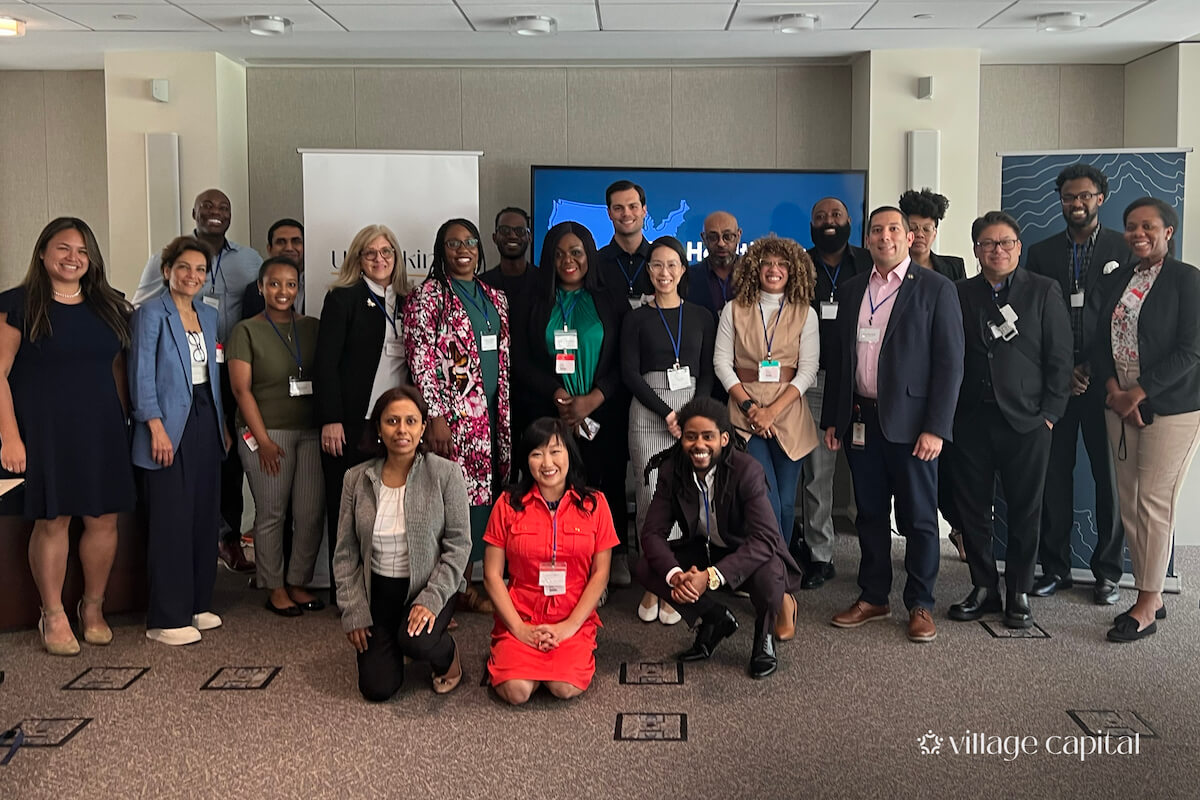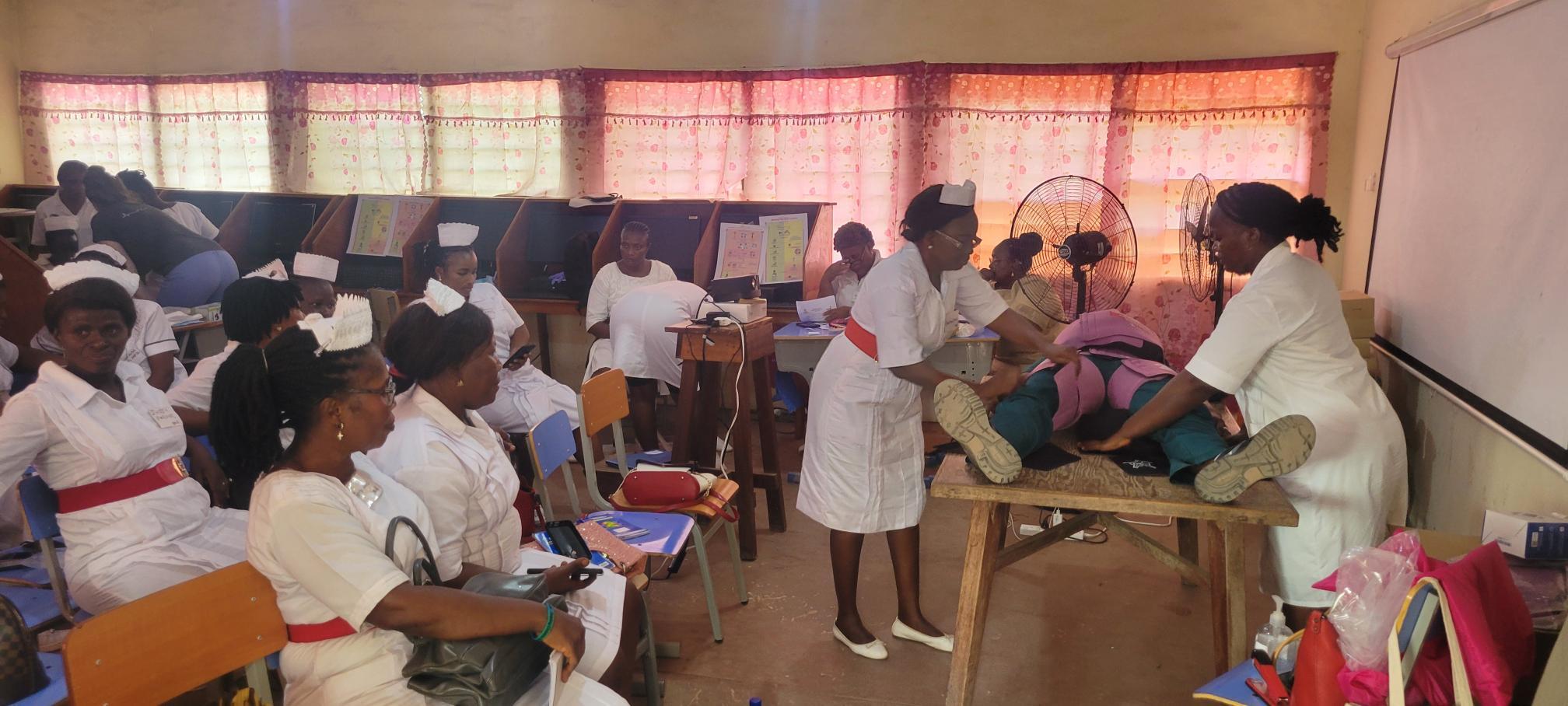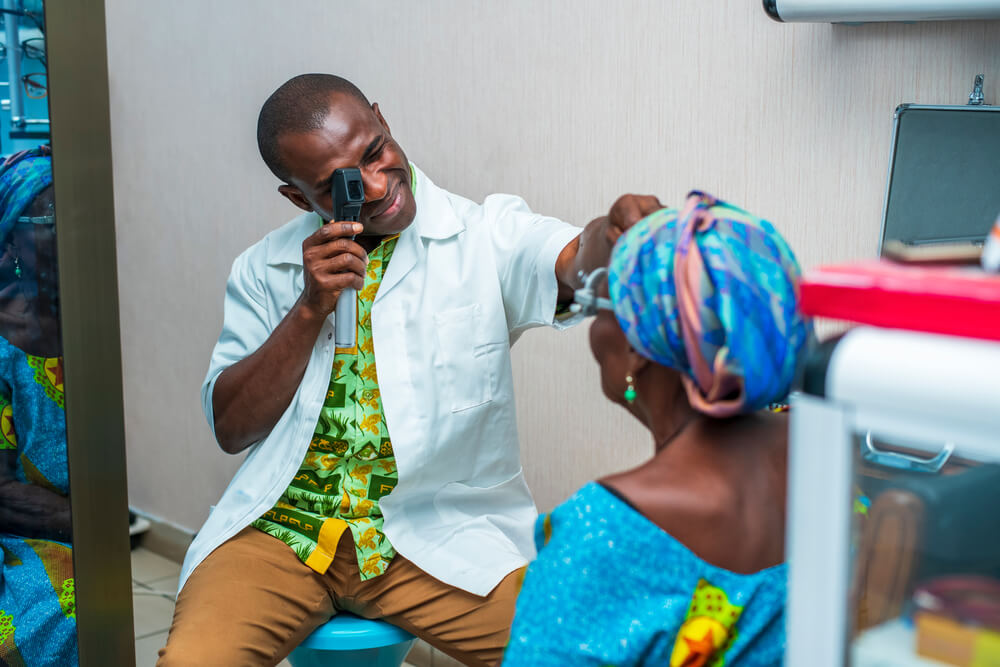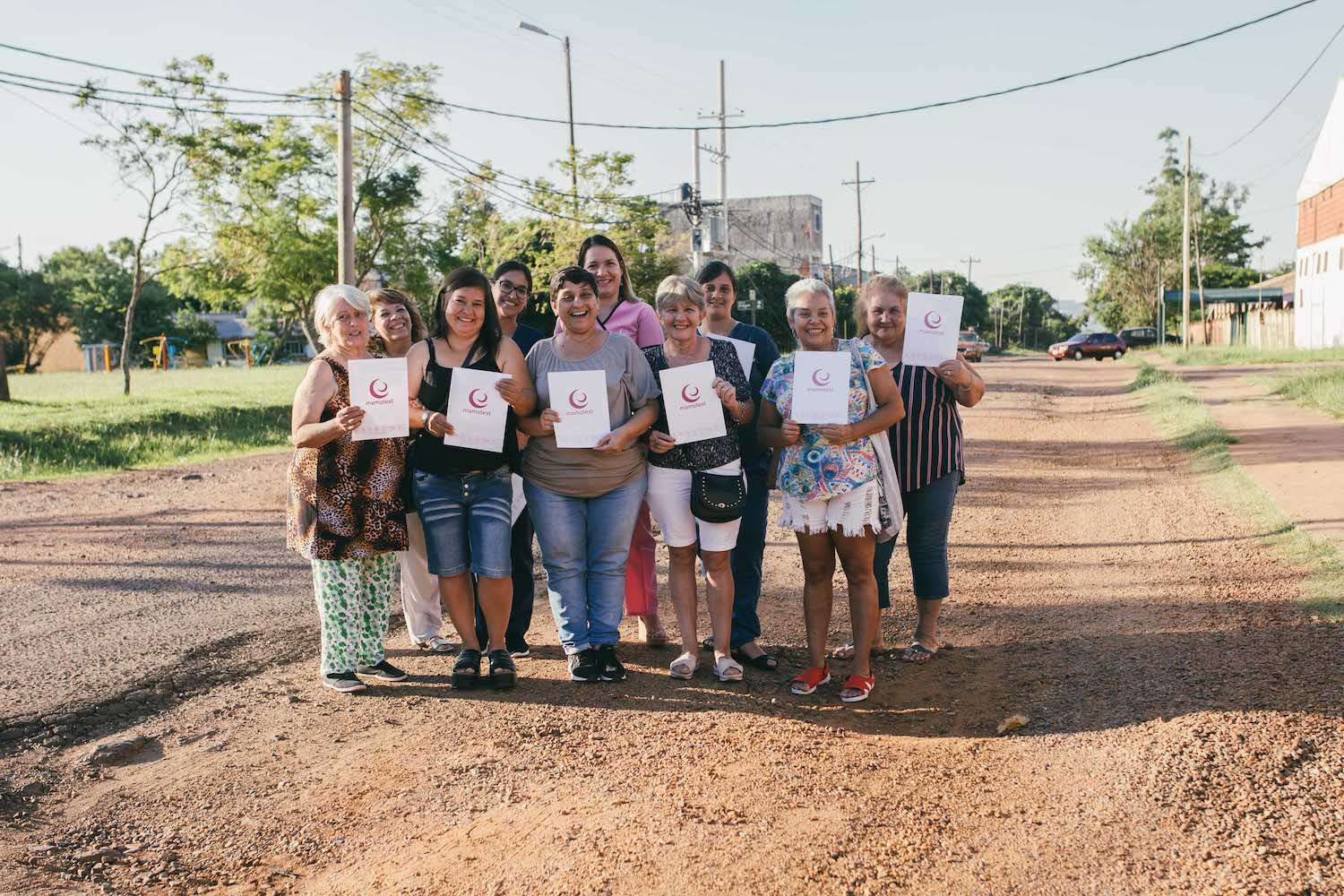Editor’s note: This article is sponsored by Johnson & Johnson Impact Ventures, which supports ImpactAlpha’s Investing in Health coverage. In partnership with J&J Impact Ventures, ImpactAlpha is exploring the market potential of impact investments in purpose-driven entrepreneurs working to improve health outcomes for underserved communities around the world.
In 2020, the collision of twin pandemics – systemic racism and COVID-19 – cast a spotlight on deep fractures in our society. In particular, these combined forces made the fight for racial health equity, especially in the United States, more urgent than ever before.
Tragically, these twin pandemics demonstrated yet again that good health is too often determined – or at least heavily influenced – by the color of one’s skin. They also reinforced that delivering equitable access to quality health care will take cross-sector collaboration, especially in areas where markets have failed, and governments alone cannot sufficiently address needs.
The need to address racial health injustice has prompted corporate leaders to consider their companies’ roles in supporting solutions, including increased private sector investment in improving health for communities that have been historically marginalized and put at higher risk.
At Johnson & Johnson, we felt this sense of responsibility deeply. As the world’s largest and most broadly based healthcare company, employees at every level of our organization reflected on what we could offer the renewed racial and social justice movement we saw unfolding globally. As a result of that period of self-reflection, last November, Our Race to Health Equity (ORTHE) was born.
Backed by an initial $100 million commitment over five years, ORTHE strives to eradicate racism as a public health threat in three ways: cultivating our own culture of diversity, equity, and inclusion within Johnson & Johnson; forging enduring alliances with our powerful partnership network to combat racial and social health determinants; and investing in culturally competent community care models that deliver better health outcomes for people of color.
Through ORTHE, many of our investments have gone toward supporting non-profit organizations, such as the Foundation of the National Student Nurses Association or National Medical Fellowships, helping these organizations grow their impact.
Progress through entrepreneurship
While we believe deeply in the power of the non-profit sector, we know that we can and ought to focus on driving progress through additional channels, including entrepreneurship and business-led innovations that serve both financial and social impact goals.
As barriers to quality healthcare around the world have proven stubborn, we recognize that transformative ideas and solutions exist. In many cases, entrepreneurs who are dedicated to taking on racial health equity challenges may lack the resources, expertise, or the connectedness necessary to thrive at each stage of the innovation lifecycle.
Launched in 2019, Johnson & Johnson Impact Ventures (J&J Impact Ventures) exists to address this problem. By investing in entrepreneurs whose innovations tackle healthcare challenges in under-resourced and diverse communities, this program has the capacity to help put better health within the reach of everyone, everywhere.
As part of its scope, J&J Impact Ventures finds and supports entrepreneurs taking on racial health injustice – complementing ORTHE’s investments and supporting its goals. We believe this multi-pronged approach is essential to advancing the necessary societal progress.
For example, our partnership with Village Capital, enabled us to leverage our combined platforms to uplift social enterprises that support frontline health workers. Together we hosted a “Startup Showcase,” convening health tech entrepreneurs, investors, and public health stakeholders to catalyze innovations that help reduce racial health disparities. In the showcase, 12 entrepreneurs pitched their startups. Winning ventures were selected to receive financial support, and all participants will receive mentorship opportunities from Johnson & Johnson and training from Village Capital’s investment-readiness curriculum.
We also partnered with Village Capital on a new accelerator focused specifically on culturally competent care, through which the two “winning,” peer-selected startups were selected to receive grants from J&J Impact Ventures to help fuel their work and grow their impact.
Call for collaboration
Ultimately, the work of J&J Impact Ventures and the ORTHE initiative both speak to a fundamental truth that we at Johnson & Johnson readily acknowledge and embrace: we can’t do this work alone. Similarly, we can’t tackle these heavy, complex challenges with a singular approach. Racial health disparities exist due to an entanglement of cultural, medical, historical, logistical, and socioeconomic factors.
No single entity – including any government or company – possesses the breadth of powers necessary to unwind and overcome these forces on their own. Rather, we must connect leaders and innovators across all sectors of our society and put resources in the places where they’re most sorely needed. I believe both J&J Impact Ventures and ORTHE are examples of how this approach can come to life.
While I know we are at the beginning of our journey, I am optimistic that change is not only possible, but within sight. There can be no justice until there is justice in healthcare. Thanks to programs like these, and the entrepreneurs they support, we are a step closer to justice each day.
Michael Sneed is executive vice president of global corporate affairs and chief communication officer for Johnson & Johnson.











